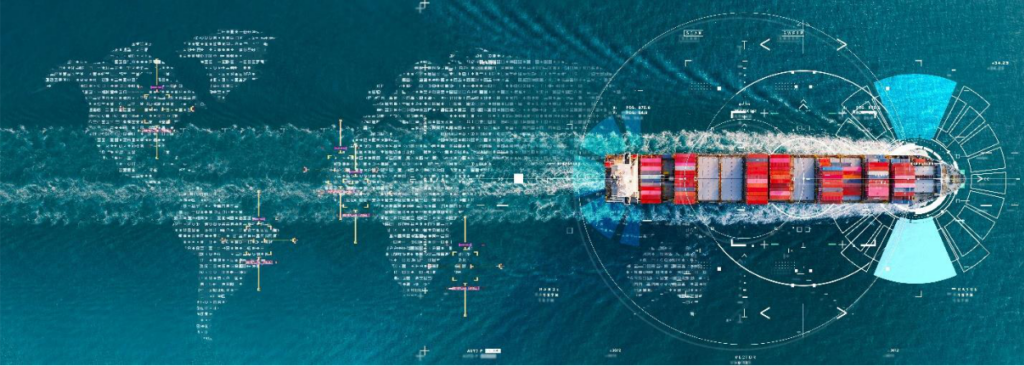
Country Risk Report – February 2024
$184.56 billion |
State Department Travel Advisory Level Level 1: Exercise Normal Precautions |
77/180 |
Anti-Money Laundering/Terrorist Financing MENA FATF Member |
54/125 |
Partly Free |
Country Risk Report – February 2024
| GDP (2022) | $184.56 billion |
| State Department Travel Advisory Level | Level 1: Exercise Normal Precautions |
| Corruption Index Score (2022) | 77/180 |
| Anti-Money Laundering/Terrorist Financing | MENA FATF Member |
| Property Rights Index | 54/125 |
| Freedom House Ranking | Partly Free |
Kuwait is generally safe but prone to domestic political instability over governmental impasse. The dominance of oil and gas in its commodity-driven economy renders the country vulnerable to shocks. In contrast, the country’s proximity to Iran, Iraq, and Saudi Arabia renders it vulnerable to geopolitical conflict, disruption, and invasion. Kuwait’s governmental system and size similarly increases exposure to risks from politically exposed persons higher than many other jurisdictions. This requires understanding who you are doing business with through adequate due diligence.
Kuwait is governed as a constitutional monarchy. The chief of state is the Amir, who was chosen through succession by the royal family. The head of the government is the prime minister, who the Amir appoints. Other prominent Amir-appointed positions include the cabinet of ministers, 15 seats in the National Assembly, and judges. Kuwait differs from other Gulf Coast states because it has a unicameral legislature with 50 democratically elected seats. The legislature holds some power to check the ruling family, which can lead to a gridlock uncharacteristic of the wider region.
In June 2023, elections were held to recreate parliament after the Amir dissolved it due to frustration preventing key economic reforms ranging from economic diversification to post-COVID recovery efforts. Infighting within the royal family regarding the succession of leadership after the death of Sheikh Sabah Al Ahmad Al Sabah in 2020, who had ruled for the previous 15 years, is also perceived as a cause of internal political tension. There is little optimism for the newly elected parliament to overcome the challenges of the previous assemblies, and economic and other reforms are expected to stall.
The economy of Kuwait is dominated by oil and gas. This accounts for over 95% of exports and 90% of government revenue. The population of Kuwait is just under 5 million in an area slightly smaller than New Jersey. The country is highly urbanized, with 98.4% of its population concentrated in cities. The population has considerable spending power, with a GDP per capita of about $42,233.
Kuwait has failed to diversify its economy. This is due to political standoffs within the government and factors such as high labor force participation (74%) in the public sector. The inability to address economic stagnation and cuts in oil production have led to sluggish real GDP growth in 2023, estimated to be a meager 0.9%. This is compared to an 8.9% increase in 2022. Non-oil GDP growth is also down in 2023 (3.8%) compared to 4% in 2022.
Kuwait’s business environment is generally open to Foreign Direct Investment (FDI) but has struggled to attract it. In 2021, Kuwait saw $14.79 billion in FDI. This investment came mainly from the United States and China. Foreign investment generally focuses on key sectors: oil and gas production, real estate development, construction, and financial services.
Kuwait Vision 2035 is an economic development plan that includes plans to attract more than $200 billion in FDI. Most of this funding will be diverted to infrastructure development, including airports, roads, industrial development, railroad and metro transit, and housing development. In 2013, Kuwait amended FDI laws to incentivize foreign investment through tax breaks and other benefits for foreign companies. The key sectors of these incentives include:
In addition to these sectors, oil and gas remain a significant attractor of FDI. Unique opportunities exist for cybersecurity and technology firms in digitalizing oil and gas production.
Companies seeking to work with state-owned oil companies must be pre-qualified. In addition to this, companies must work with a local partner who is knowledgeable and experienced with state-owned companies. Foreign businesses must have a local sponsor or agent to conduct business, which can prove financially cumbersome to many firms. Understanding how to contract local partners and who to hire to facilitate your business operations is a sensitive matter that will require significant due diligence capabilities.
Under the newly updated FDI rules, companies seeking full ownership of their firm operating in Kuwait must guarantee specific quotas regarding the employment of Kuwaiti nationals.
Kuwait’s economy remains largely under state control. Laws regarding the establishment of foreign companies and nationals can be strict. Risks to your business include loss of intellectual property rights, lack of government transparency and consistency, and heavy local bias in the judicial system.
Importantly, entering new markets requires careful consideration and due diligence to understand local market conditions and uncover hidden risk factors.
Want To Know More?
For a deeper review of political, economic, due diligence and security risks for Kuwait, please contact us.
Our due diligence investigations help you understand fraud, bribery and corruption issues so your organization can avoid unnecessary risk exposures.
Protecting your corporation’s Board of Directors, shareholders and employees are part of key risk mitigation strategy.
Infortal has screened workforces for Fortune 100 companies, banks, law firms for 30 years including nationwide and international hires.
